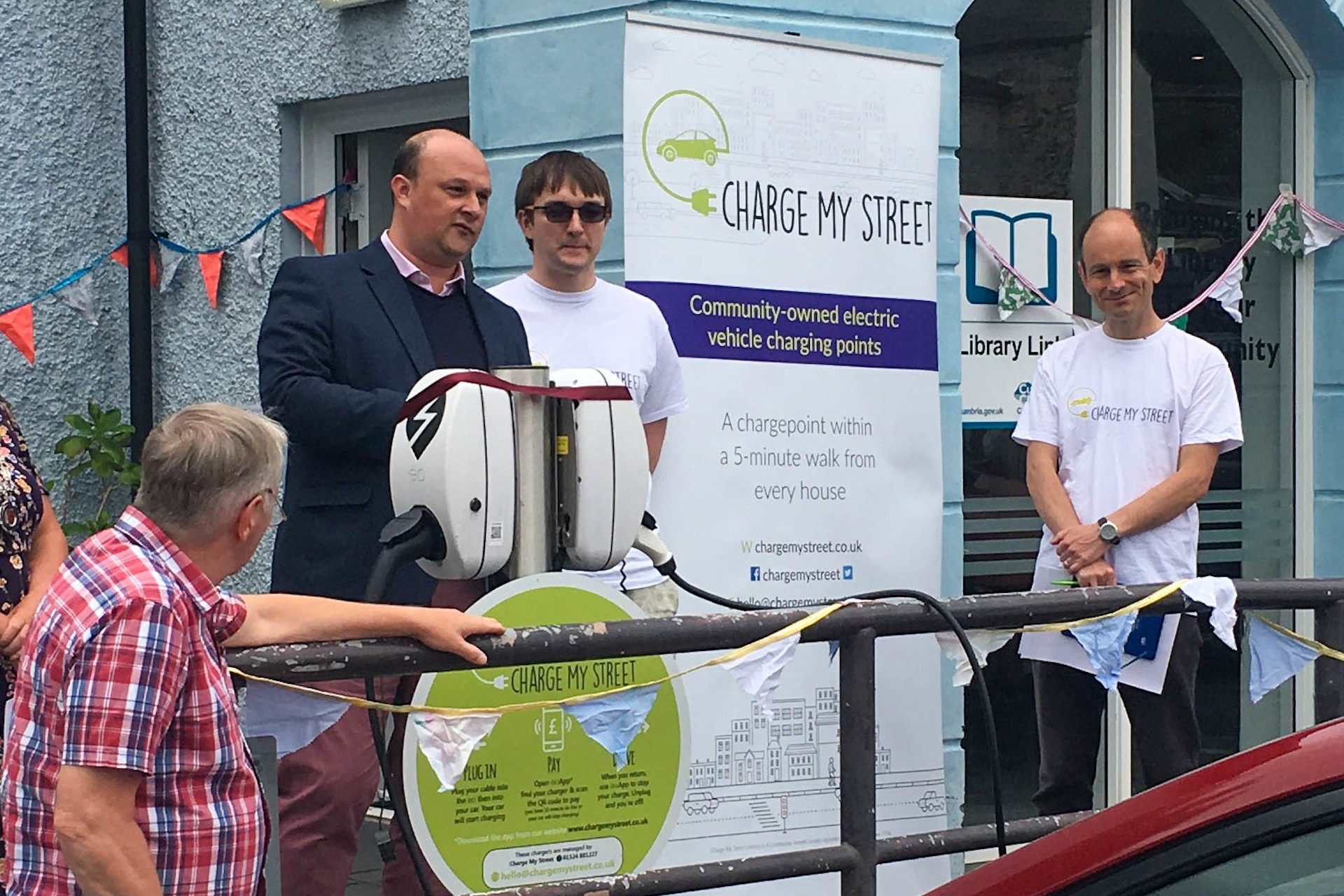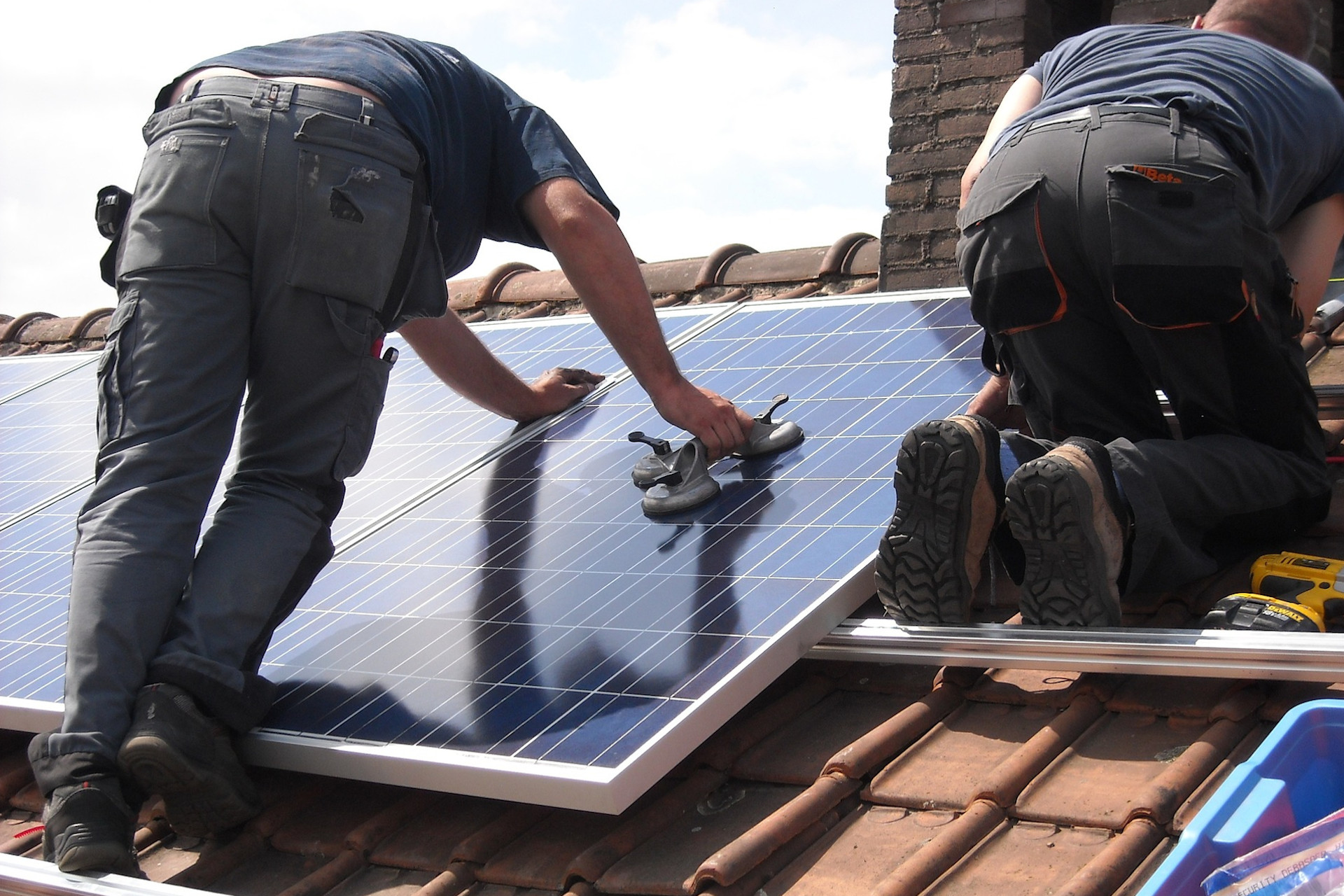Cumbrians are very concerned about climate change and are already taking action in their own lives to tackle it. That’s according to the results of the first-ever county-wide climate survey run by CAfS at the end of last year.
More than a thousand people shared their views on the seriousness of climate change and what the government and individuals could do to tackle it.
The survey respondents were more concerned about climate change than the national average, with 91 per cent saying they are either very concerned or fairly concerned, compared to 76 per cent in the latest national government survey by the Department for Business, Energy and Industrial Strategy (BEIS).
“We expected that respondents who are in touch with CAfS would have a higher level of concern, but about a third of the respondents hadn’t heard of CAfS before, and concern among them was still above average, at nearly 84 per cent,” said Jaki Bell, CAfS’ marketing manager, who organised the survey.
Nearly ninety per cent of respondents think we’re already feeling the effects of climate change in Britain, and that it’s caused mainly by human activities. Eighty per cent feel Britain’s target for zero carbon should be sooner than 2050, with ten per cent thinking 2050 is about right.
We then asked people what action they’d be in favour of the government taking to tackle climate change. They were very keen to see support for public transport, and help for people to replace oil and gas heating, and with draughtproofing and insulating their homes. There was also wide support for making producers and supermarkets pay for dealing with packaging waste, and helping businesses to use less energy.
Respondents were less keen to see the government supporting nuclear power, discouraging flying and encouraging people to eat less meat and dairy products.
The majority of people supported the use of renewable energy, with the strongest support for solar, off-shore wind and wave or tidal power. Interestingly, people were more ambivalent about biomass energy.
We then delved into the actions that people can take in their own lives to tackle the causes of climate change.
“Food and drink make up around a quarter of the average person’s carbon footprint – the biggest single chunk – so we were keen to know about any barrierspreventing Cumbrians from reducing this,” Jaki said. “When it comes to eating less meat and dairy, which have a high carbon footprint, the biggest barrier was that people didn’t think it was necessary. About 15 per cent felt this way about meat, and 22 per cent for dairy. The survey also showed that people felt it would be too difficult to move away from dairy, in particular. It perhaps shows that there’s a need for more awareness about the carbon footprint of these foods, and how to reduce them in our diets.”
Buying more food from local producers was viewed as too difficult by many respondents, with cost and lack of time being barriers as well.
When it came to changes in the home to reduce energy use, the biggest barrier for most changes was cost, followed by difficulty.
Difficulty was also the main issue for most low-carbon travel options, and cost was an added problem for electric vehicles and public transport. Flights is a big source of emissions, but the majority of respondents said they already do fly less.
We asked people about their efforts to buy fewer goods and to reduce waste. Most are already taking a variety of actions. For those who don’t already buy secondhand goods, people felt it wasn’t necessary or worthwhile, and repairing was seen by some as too difficult, too costly and they don’t know how to do it.
“The survey gives us a really good snapshot of people’s views on different ways to reduce carbon emissions, and how much action they’re already taking themselves,” Jaki said. “It’s extremely useful for us to see what the main barriers are for people to reduce their carbon footprint. We will look at how we can help Cumbrians to overcome those, when we’re planning future projects.”
The survey was carried out as part of the Rebuilding Together project to help Cumbria to adapt for future flooding and other extreme weather, funded by the National Lottery Community Fund.
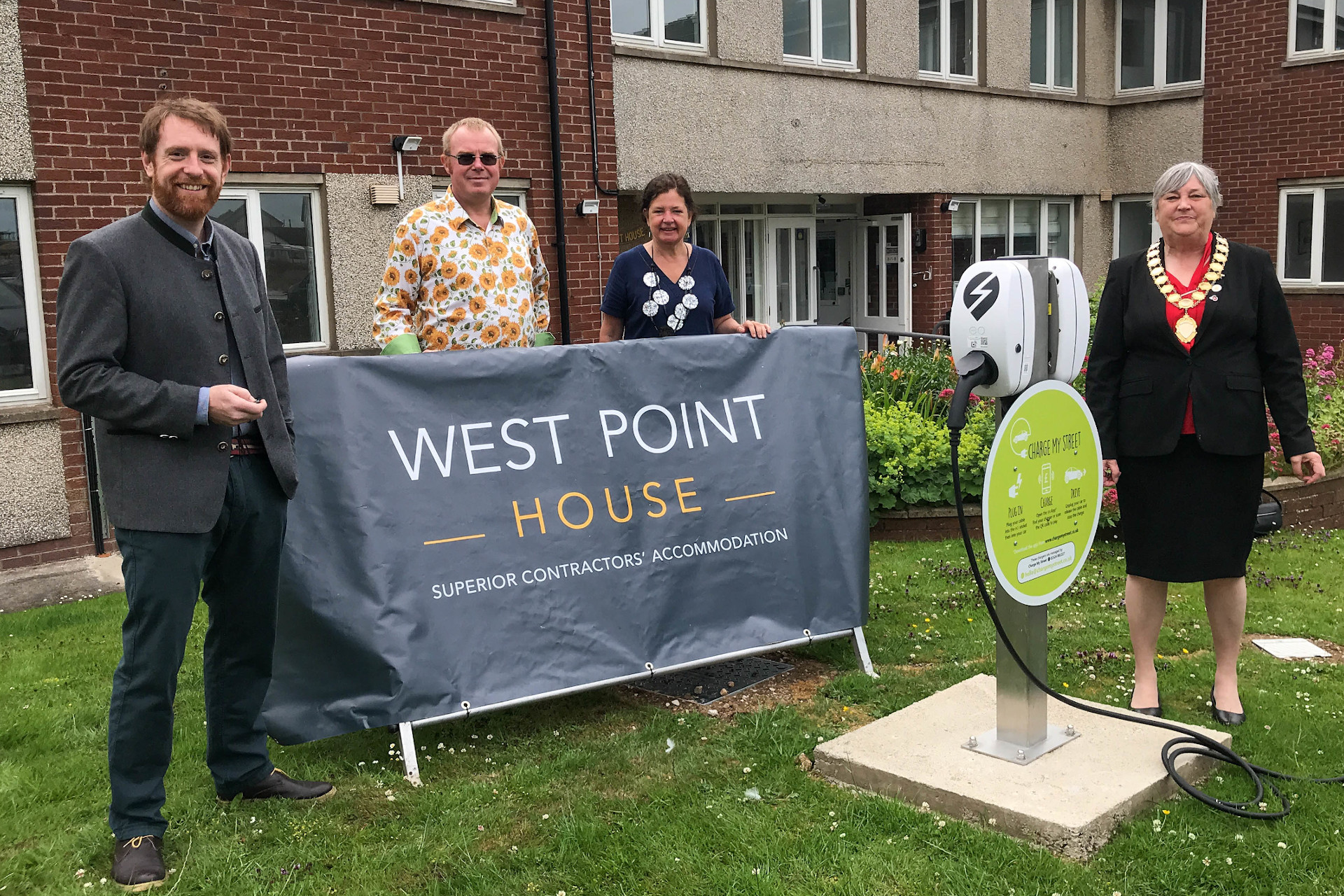
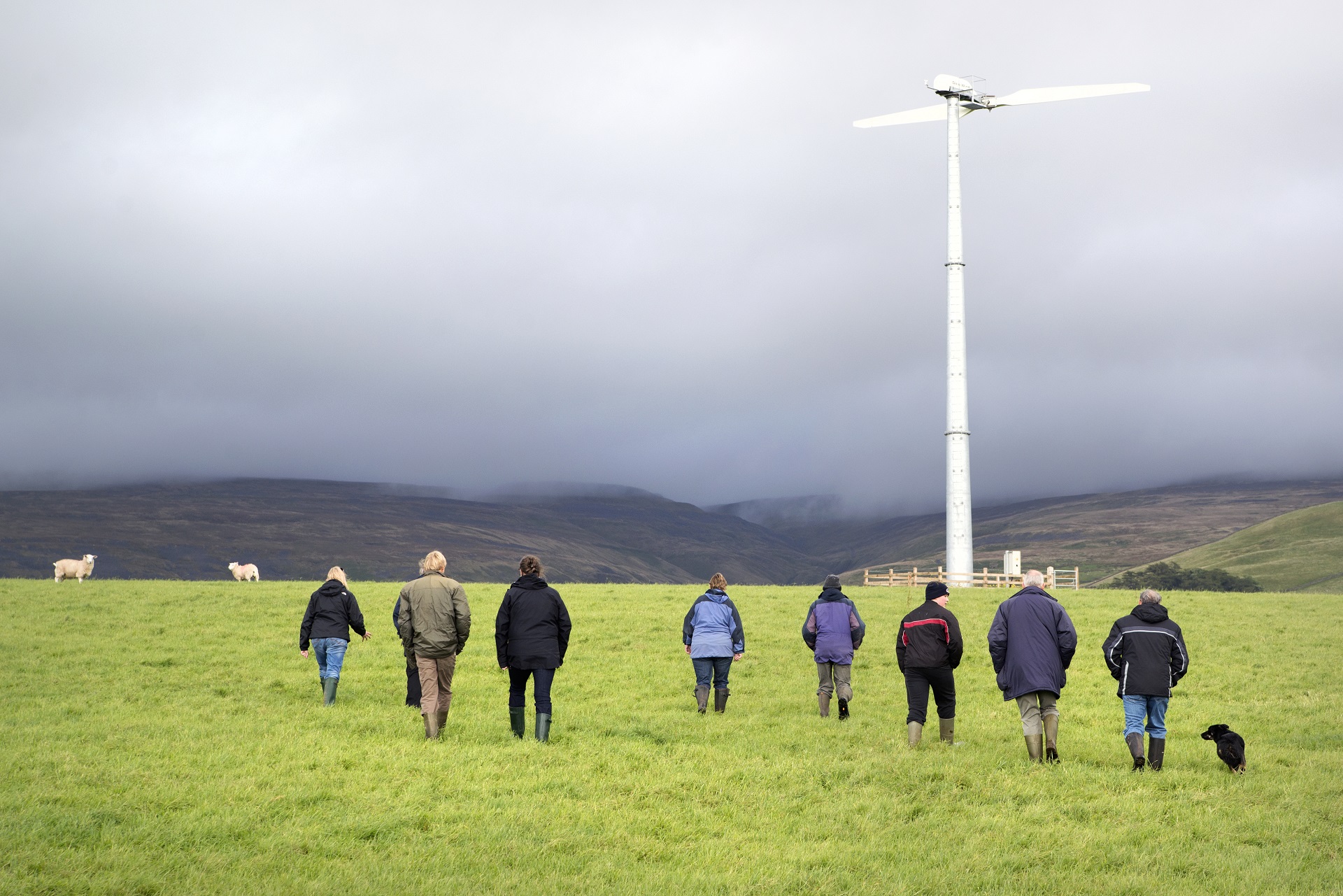
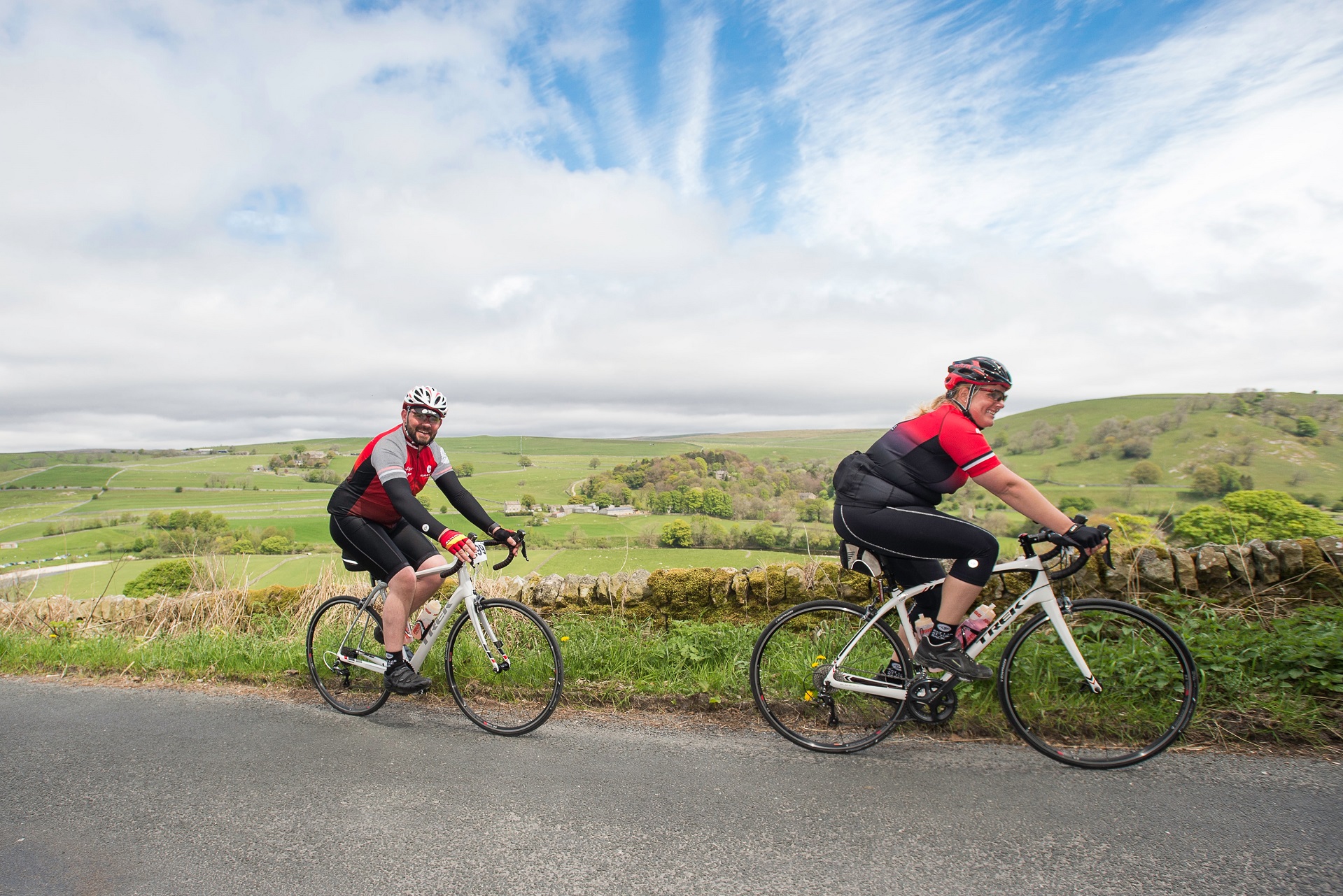
 It has been 10 weeks since we were last in touch. I hope you and yours have stayed safe and well during this challenging time.
It has been 10 weeks since we were last in touch. I hope you and yours have stayed safe and well during this challenging time.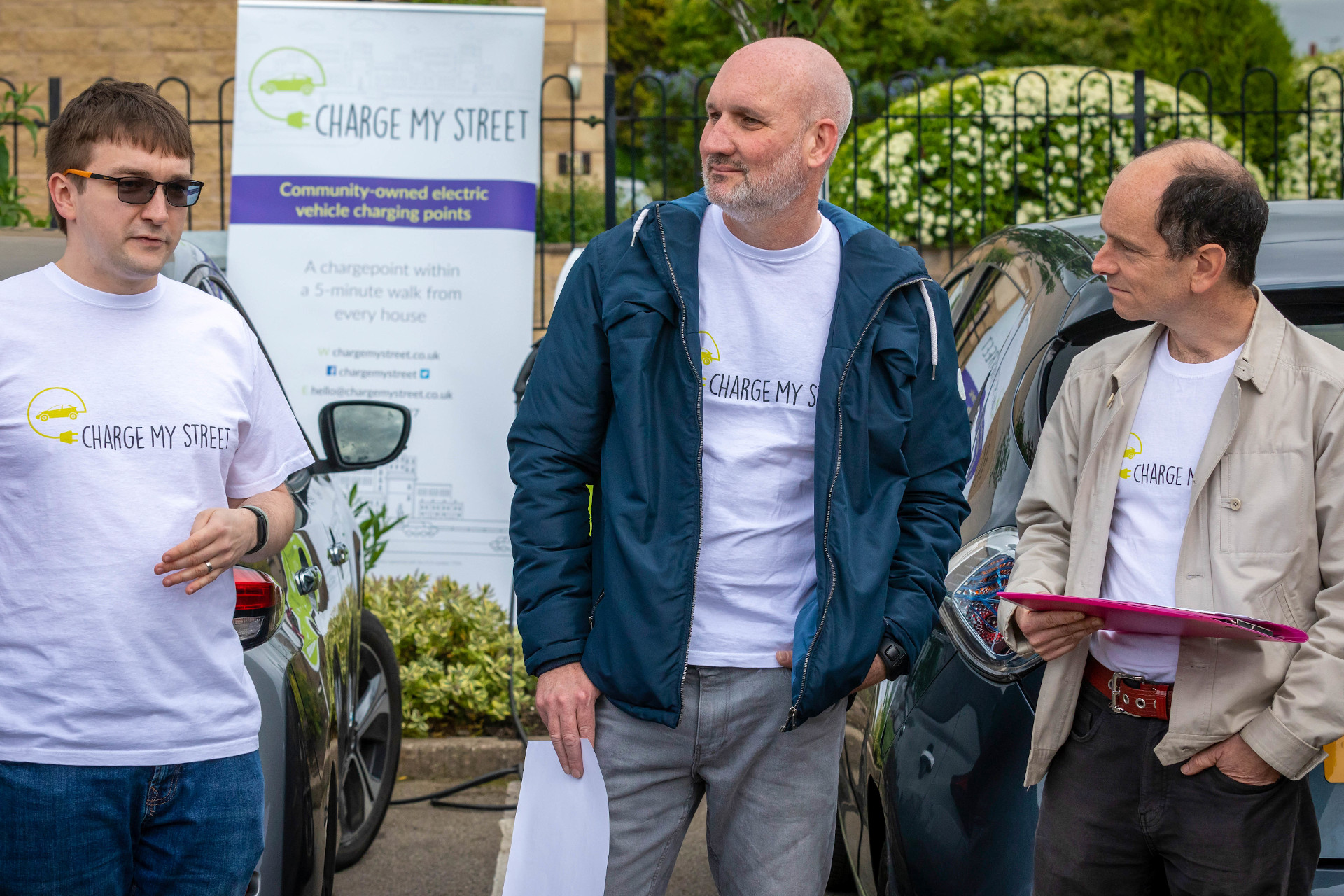
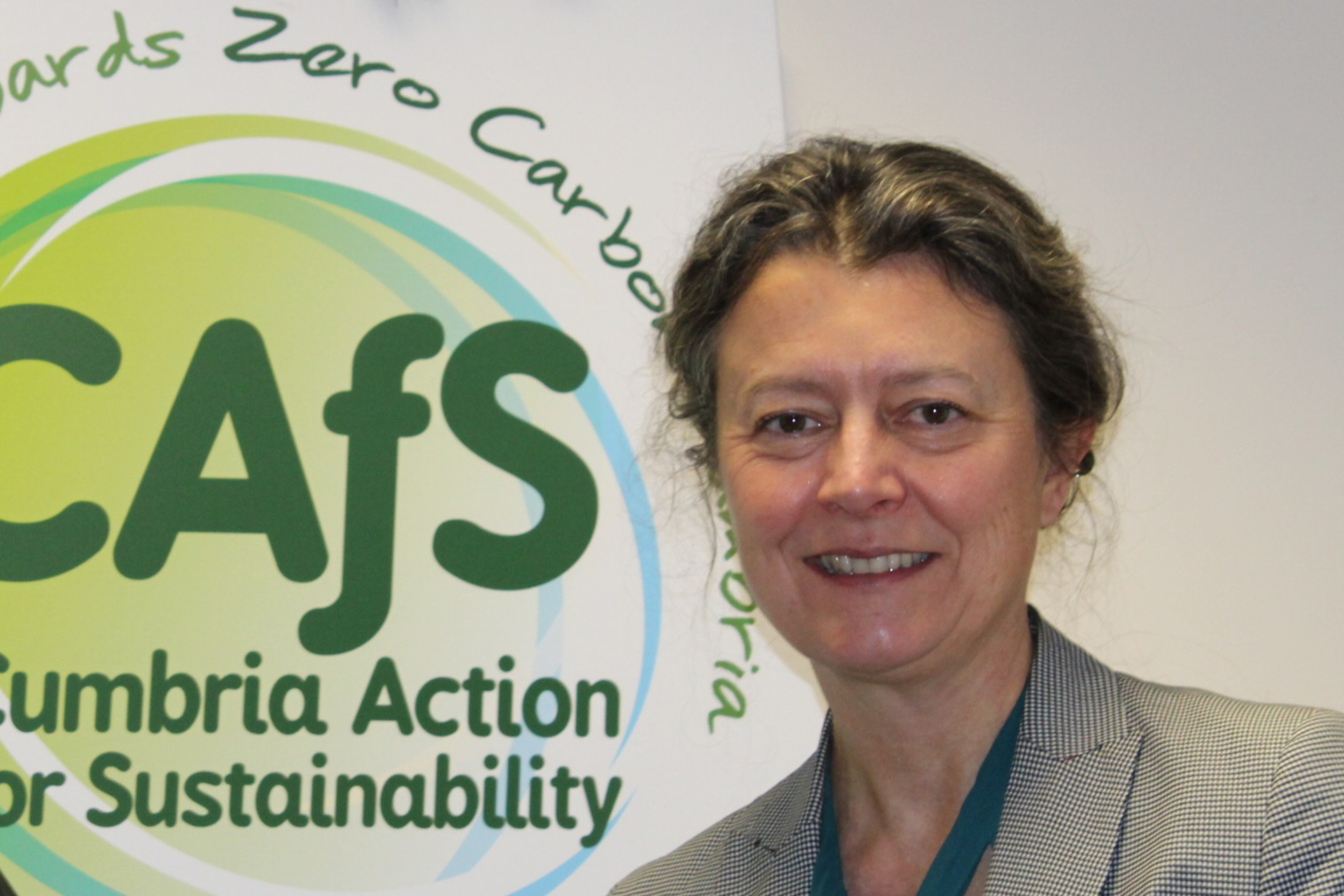
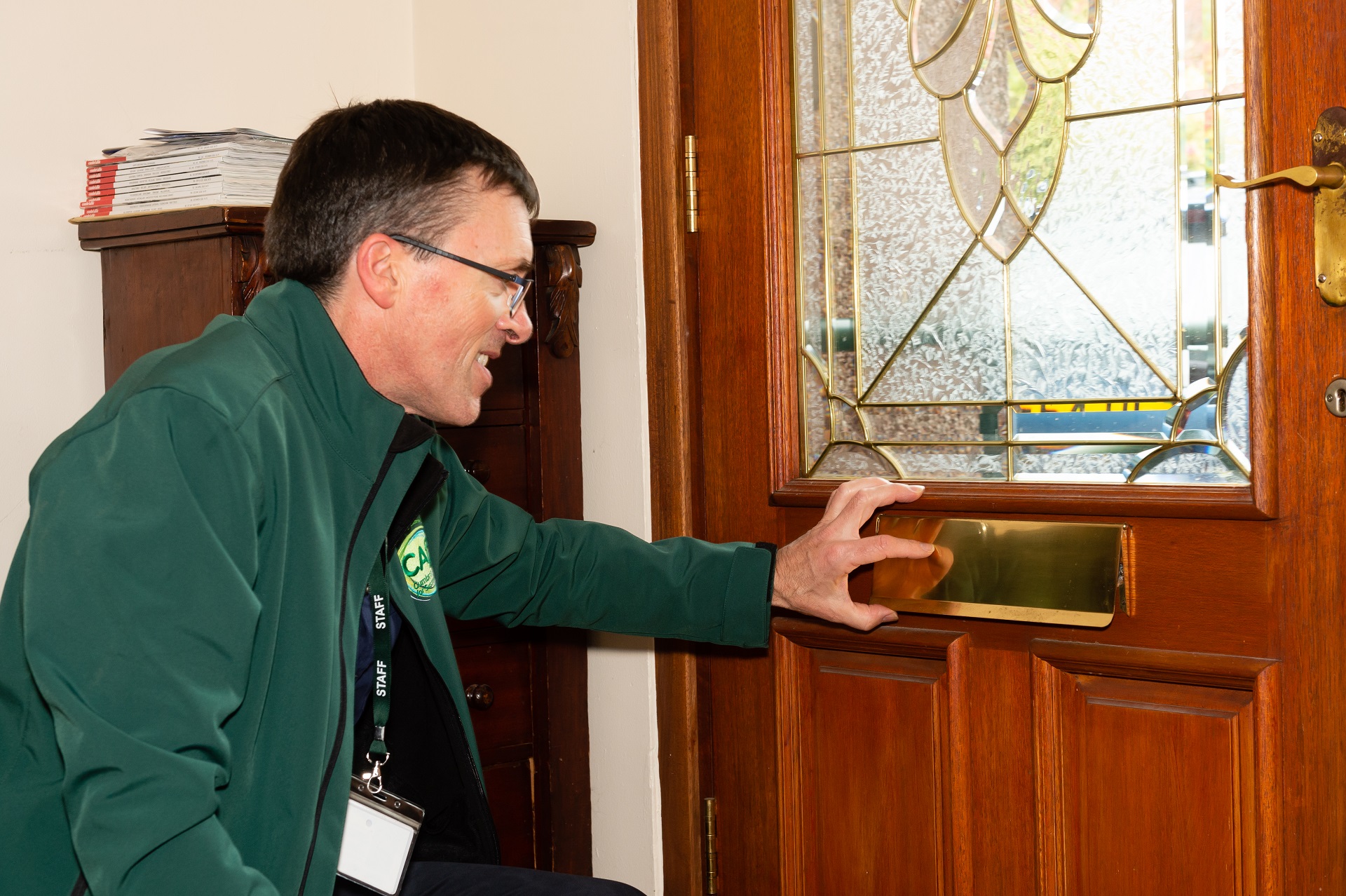
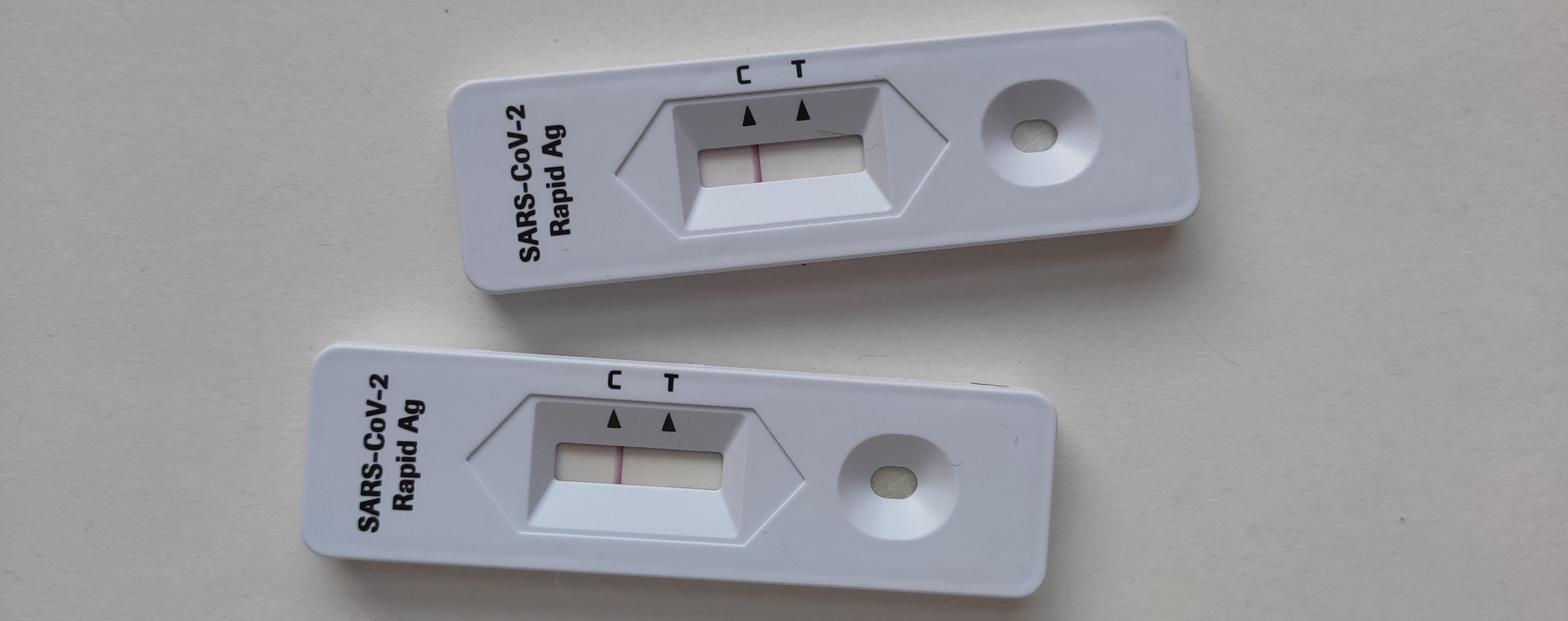

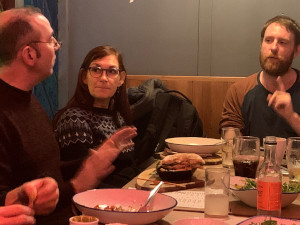 In last months
In last months 